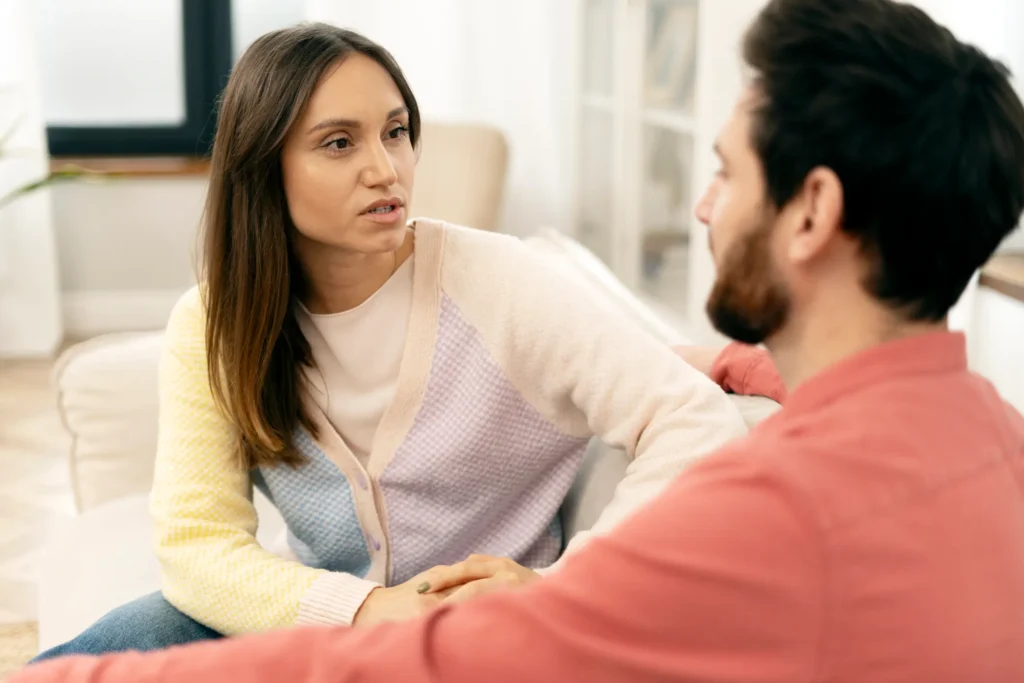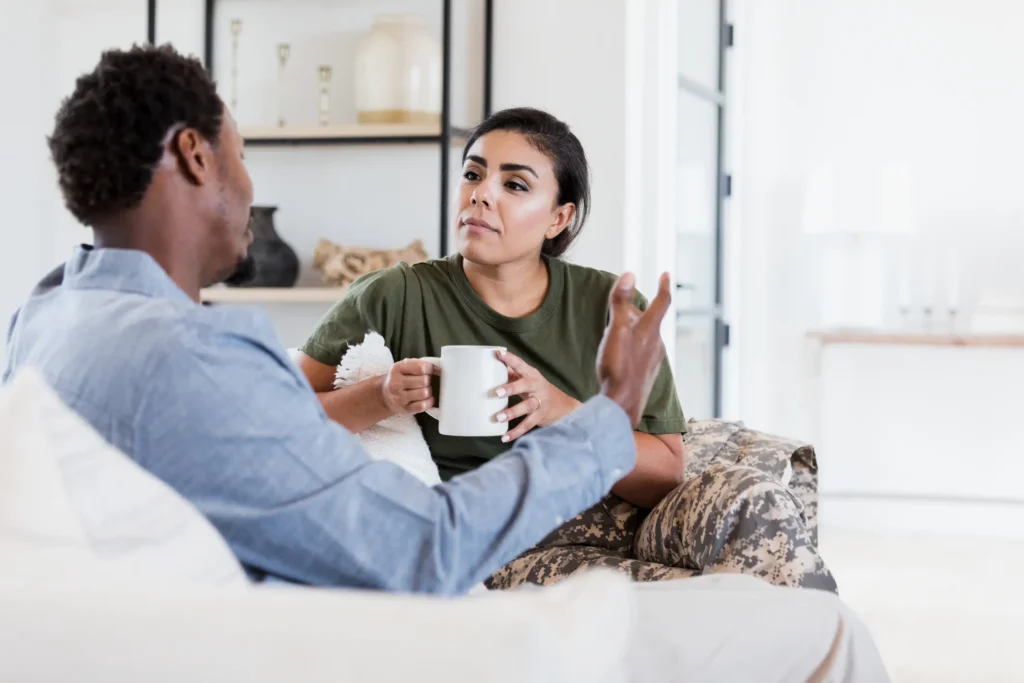I am the child of not one, but two anxious parents and anxiety runs deep in the roots of our family tree. From my earliest memory until I hit my thirties, I was largely unconscious of this awkward inheritance and clueless to the ways anxiety impacted my life. It wasn’t until my first divorce that I sought help and realized that the amount of anxiety I was experiencing was classifiable as an anxiety disorder. With the help of a counselor, I came to understand the underlying causes of my anxiety and the ways in which it was interfering with my quality of life and relationships.
Anxiety disorders have complex causes; they can be influenced by biological and environmental circumstances, but one cause, in part, can be attachment style. British psychologist John Bowlby, the pioneer of attachment theory, insisted that early childhood experiences can lead to psychological disorders. Contemporary research reveals that attachment styles play a role in the development of anxiety disorders.
Shaped by early experiences with anxious caregivers, I was an anxiously attached sort and generally regarded the world as an unsafe place. I was classically fearful, struggled with emotional regulation and had a hypervigilance to even the most subtle cues. I had difficulty trusting others, low self-worth, and also the health problems associated with anxious attachment.
Being such an anxiously attached person didn’t exactly lend itself to a healthy, intimate relationship. The self-doubt and mistrust I felt fueled my anxiety and my anxious behaviors often tainted interactions with my partner. Compounding the problem was my partner’s avoidant attachment style. According to Dr. Sue Johnson in her book Love Sense, avoidants tend to shut down, avoid real connection, and can be accused of being distant and unfeeling. As a result, we had chasms in our intimacy; I would reach out for much-needed reassurance, something I didn’t get growing up, and he, not having the capacity to give me this, would withdraw.
These increasing withdrawals stung with intensity, threw me into turmoil, and upon seeing my turmoil, my partner would further withdraw. The repeated and unfulfilling pattern over the years eventually led me to leave. Attachment so shapes our capacity to love and the respective styles of a partner can influence the success or failure of our intimate relationships. As Dr. Johnson warns, “we must not underestimate the naked force of separation distress.”
I knew that I needed help with this pattern of interacting before I entered another relationship. The therapeutic relationship, if done well, can be a healing source for such insecure styles of attachment. My therapist taught me that people can be reliable and safe. She became a source of protection and support by providing comfort, encouragement and positive unconditional regard. I could take my insecurities to her and we would talk through their origins and problem solve. She also taught me how to spot the characteristics of a securely attached and more suitable future partner.
It has been a big journey to heal my anxiety, requiring the help of an integrative doctor as well to address the physical causes, but the attachment issues can form at least 50% of my anxiety. I have worked hard with my counselor to challenge my insecure inner dialogues and to learn how to process my feelings. I know my triggers and rationalize my responses. I am much more secure in myself and I can self-soothe, and this means great things for my relationships.
My second marriage is much better equipped for success as a result. My new partner, who has also learned much through his own anxiety journey, is healing for me, too. We know how to spot those anxious behaviors in each other and how to become safe and encouraging for each other on our tough days. We both have our phrases to encourage the other’s self-care mechanisms, and we provide each other a much needed mutual, secure connection.
There is much to be gained by understanding your attachment style. Not only can it reduce anxiety, but it can enrich our relationships.





